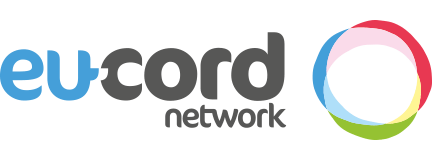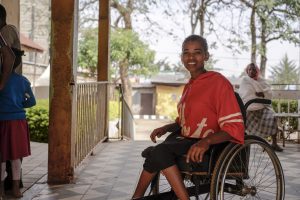Written by Micha Schutten Business Development Manager at SeeYou Foundation
Persons with disabilities face significant barriers when it comes to accessing quality healthcare services, which adds to their exclusion and marginalization. Fortunately, efforts have been made to develop and implement effective strategies that promote disability inclusion in health projects. In this article, we lay out four factors to achieving disability inclusion, based on SeeYou Foundation’s experiences implementing the inclusive healthcare project “Every Life Matters”.
- Live up to the challenge: There is a group in the world known as the “Missing Billion”. Their aim is to improve the health of 1.3 billion people with disabilities worldwide. Despite their large numbers, persons with disabilities often face social exclusion, discrimination, and limited access to healthcare services. Addressing such challenges is no small feat; it is a critical social justice issue and a fundamental human right. Promoting disability inclusion in healthcare should, therefore not be left to the responsibility of persons with disabilities themselves or Organisations for Persons with Disabilities. Bridging the gap for the “missing billion” is a collective responsibility and requires all actors involved in the healthcare system to live up to the challenge. Inclusion requires a deliberate plan and willingness to act; it does not happen automatically.
- Listen up, partner up: To effectively plan and implement solutions, it is crucial to listen carefully to the priorities of Organizations for Persons with Disabilities and seek advice from like-minded disability inclusion organisations. Different perspectives offer valuable insights into the unique experiences of individuals with disabilities. Promoting disability inclusion in health projects together with Organisations for Persons with Disabilities significantly contributes to a sustainable approach. Organizations for Persons with Disabilities will continue to play a vital role in ensuring accountability long after a project is phased out. A key factor to success is taking sufficient time to build trusting relationships with carefully selected partners.
- Dispel myths and misperceptions: Once a solid plan is in place, it is critical to address and dispel any misperceptions or myths related to disability. It is important to remember that inclusion is not about being politically correct or making superficial gestures. Disability inclusion goes beyond mere representation and involves real, sometimes complex concerns. It is not about assimilating persons with disabilities into existing spaces; the goal is to create improved spaces that are more welcoming and beneficial to everyone. An important factor to success is investing in efforts that keep the conversation on disability inclusion alive. This will avoid grave misunderstandings and help the health system stay on course. Repeated training, workshops, action-oriented learning processes and exchanging experiences are very constructive in this regard.
- Be practical: When it comes to including people with disabilities, working on practical solutions is key to success. It can be easy to get bogged down in complex theories and technical terms of the disability framework. But the ultimate goal is to make sure everyone can access the healthcare they need. Working out practical solutions will solidify commitments and set motion for a series of changes. So, while it is important to understand the scope of the issues at hand, focus on designing and testing actionable steps to kickstart disability inclusion in health projects. To practise what we preach, we added examples of useful tools and resources in the additional resources section below.
Additional resources for Health Projects: SeeYou Foundation’s “Every Life Matters” project promotes disability-inclusive health services in sexual and reproductive health and eye care. Resources were created for health centres, community health workers, and Organisations for Persons with Disabilities, including a scorecard, audit, monitoring tool, game, posters, manuals, and training toolkit. The resources developed, in close cooperation with trusted partners UPHLS in Rwanda, and ECDD in Ethiopia, have been made available on the Good Practice compendium section of the Missing Billion website or can be directly accessed through this link. A full publication on the Every Life Matters project is also available here.
About SeeYou Foundation: For more than 40 years, Seeyou is dedicated to empowering individuals with disabilities and promoting their inclusion, resulting in life-changing transformations for both individuals and communities. By providing support, advocating for rights, and collaborating with others, the foundation serves as a catalyst for positive change, fostering a society that values and respects individuals with disabilities.
SeeYou is a full member of the EU-Cord network, more information on the organization can be found on their website: https://www.seeyoufoundation.nl/en/







